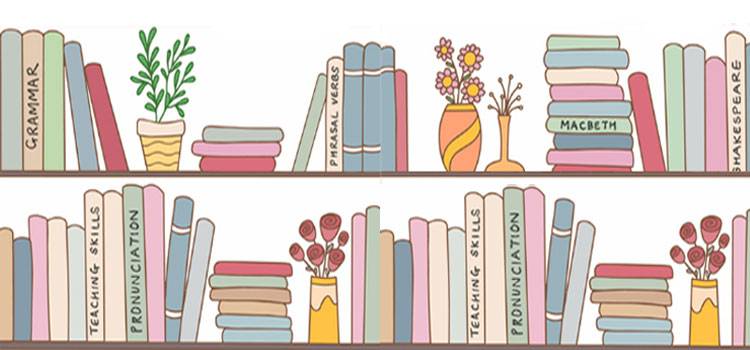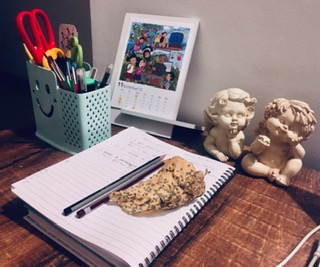It is said that the best books often just retell what you already know. The realization struck me hard when I first read the following statement in Charles Dickens’ Great Expectations: “In the little world in which children have their existence, whosoever brings them up, there is nothing so finely perceived and so finely felt as injustice.” When I first started teaching at a school, I was myself just out of college and had never taken up teaching on a large scale earlier. The senior grade had students barely two years younger than me. I had already expected some of the nuisance they would create. I remember whistling from the back when I would enter the class during the initial days. I saw sarcastic smiles on even young faces whenever I would exhibit my inexperience or was unable to control the class.
Even with a myriad uncontrollable things around me which left me clueless at times, I knew what not to do. Hitting kids was in vogue in the school. At times, the hypocrisy of the teachers would be on full display in the staff room. A teacher once hit a boy without listening to him. As his innocence was proved, she had no semblance of apology. Instead, she laughed it off in the midst of her colleagues even as the kid left the staff room with a sullen face, ashamed, red-faced. It is now that I realize that these silly injustices make students lose respect for teachers. The reason is simply that the students stop believing that the teachers are rational human beings. Any irrational human being will be biased, patronizing and undependable. Such a person is not fit for communication, or for being a teacher. With the chaos around me, the first quest for me was gaining the respect of the kids. Being adept in my subject was just a part of it. I had to be available to the kids, establish my authority not by rule of thumb but through understanding. Communication was fundamental in this.
It rests upon the teacher as to how they choose to develop a trust deep enough that the communication can be initiated even from the kids’ side. The response that follows such communication is equally significant, for you are an adjudicating and executive authority in the class. You can be autocratic and opaque, and defeat your purpose in the classroom. You can be democratic and let children have agency over themselves, and let the young brains develop into mature individuals. Every kid is a whole swarming world in their self. They make their decisions as rational human beings based on their limited experience, their social relations, their aspirations, their emotions. As a teacher, you must base your decisions on what facets of child behaviour you can gauge from communication. As a teacher, I had to face children who had never spoken in the class or children who had never even visited the school. It took dialogue and bonding to break those cages they had created around themselves. At the end, it felt good to help them, create them from scratch. Injustice is not a phenomenon limited to the school. Instead, parents often let their ego alter their behaviour towards their children. Their children, for them, seem to be subhuman. A basic human right is the right to make own decisions. Parents often deny their children this right on the hypothetical pretext that the children do not know what is right for them. Imagine not taking your decisions but having to suffer the consequences of the decisions taken for you by someone else. Most often, the parents themselves have limited knowledge of these things. It is in this limited light that they try to take decisions for their children. A wrong decision and they will become the feed stock of hate for their children for the remaining life. Instead, be a conduit of information for your children. Let the children make their decisions. Let the children make wrong decisions. Let the children make informed decisions.

